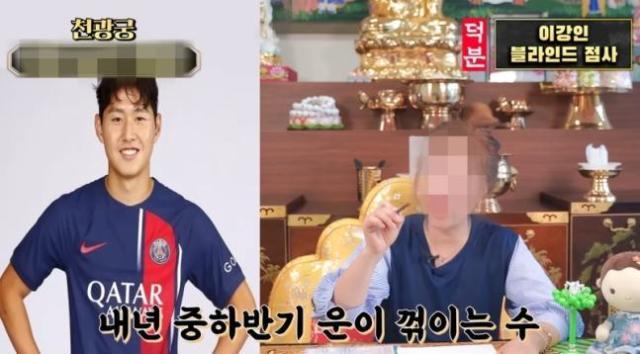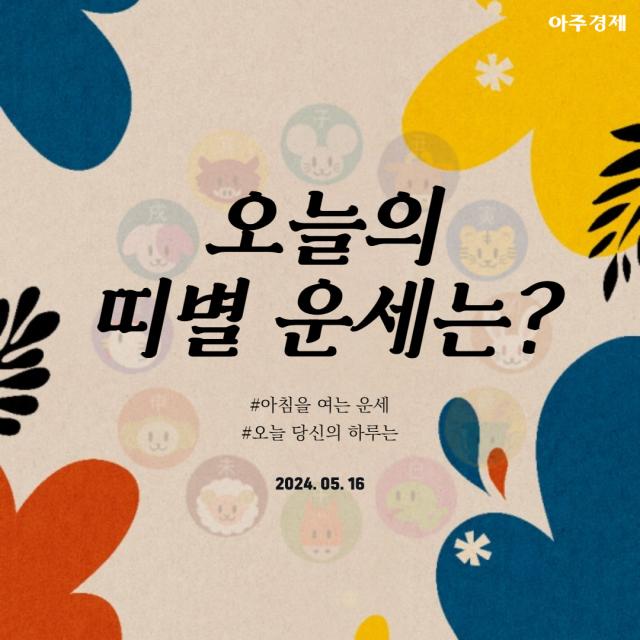
"The fortune teller told me I would get a job in my desired field within two years and was positive about my future. It really made me feel better,” he recalled.
Jang is among an increasing number of Korean youths who turn to saju and other forms of divination for guidance on decisions from career choices to relocation and to romantic relationships.
Saju, or four pillars of destiny, entails analyzing the cosmic energy at a person's birth year, month, day and hour to predict his or her innate character, fortunes and future events.
Steeped in ancient philosophy dating back thousands of years, saju has long been regarded as an outdated superstition favored by older generations.
However, the practice is now gaining growing popularity among young Koreans yearning for a sense of direction and control as they navigate dire economic conditions, fierce competition and uncertain futures.
A survey conducted last year by the job portal Alba Chungkuk, which involved 1,608 people between their teens and 30s, found that over 90 percent of respondents had tried fortune-telling for life advice.
According to Korea's top web portal Naver, 72 percent of those using clairvoyance services in 2022 were in their 20s and 30s. Many soothsayers noted their clientele primarily consists of people in this age demographic.

“There are several reasons why young Korean people are so into saju these days, and it is mainly due to uncertainty,” said Suh Yong-gu, a business professor at Sookmyung Women's University.
“Generations born after 1990 have a longer life expectancy than ever, so they need to prepare well for their future. However, they face many problems like low economic growth and various conflicts between generations, genders and other factors. Young people tend to think they need a definite answer, and that is why they feel so attracted to fortune-telling,” he added.
According to court data, the number of personal rehabilitation filings for individuals under 29 surged by 45.3 percent year-on-year between January and April, compared with an 11.5 percent rise in total applications during the same period. Of these applicants in their 20s, 77 percent cited lack of living expenses as the primary reason.
In April, the youth jobless rate stood at 6.8 percent, up 0.4 percentage point from the previous year, compared with the overall unemployment rate of 3 percent, marking a 0.2 percentage point rise.
For many, saju can also be simply a fun activity or a source of solace and spiritual anchoring.
Kim, a 24-year-old university student, began to resort to soothsayers years ago, largely to get love advice, such as what to wear on a date or how the man feels about her.
“But not only love advice, I feel less burdened about any of my concerns whenever I use fortune-telling services, so I use them almost every time I have stressful issues,” Kim said.

The increasing accessibility and affordability of consultations, made possible by advancing technologies, have also contributed to the modern-day prosperity of saju.
Traditionally, saju consultations were done in person, requiring customers to visit the fortune teller’s place. However, with the growth of the internet and mobile communications, many services are now available online, through mobile apps, social media, artificial intelligence systems and YouTube channels.
Mobile apps such as Jeomsin and Jeongtong Saju attract tech-savvy young users by connecting them with hundreds of fortune tellers for personalized readings and fortune advice.
Users can get special services like daily fortunes or advice about items or clothes that attract luck on a certain day. These apps also create content about upcoming days, such as warnings or predictions for people with specific features in their saju.
Jeomsin, one of most popular clairvoyance platforms, claims it has been downloaded over 5 million times since it was launched in 2014.
“The reason I can use the services so often is that I can access it anytime, anywhere through mobile apps,” Kim, the student, said. “I can even compare services through online reviews and comments, so I feel like I am discovering better fortune tellers or services each time,” she added.
AI fortune-telling services analyze the users’ usual concerns based on their internet search history or interests to recommend customized services.
YouTube channels provide various content including lectures on saju interpretation and the fortunes of famous figures based on their publicly known birth dates.
However, experts warn against blind faith and overreliance on the superstitious practice.
"Saju might help young Korean people ease their anxiety in current Korean society. But it's important to find a balance,” Lim Myung-ho, a professor of psychology and psychotherapy at Dankook University, said.
“Saju can be helpful if you take good advice in the right way and use it as positive affirmation. However, it's important not to become obsessed with it. Always stay alert and don't think of it as your fate, and try not to get too upset if the advice isn't what you hoped for," he added.
Copyright ⓒ Aju Press All rights reserved.

